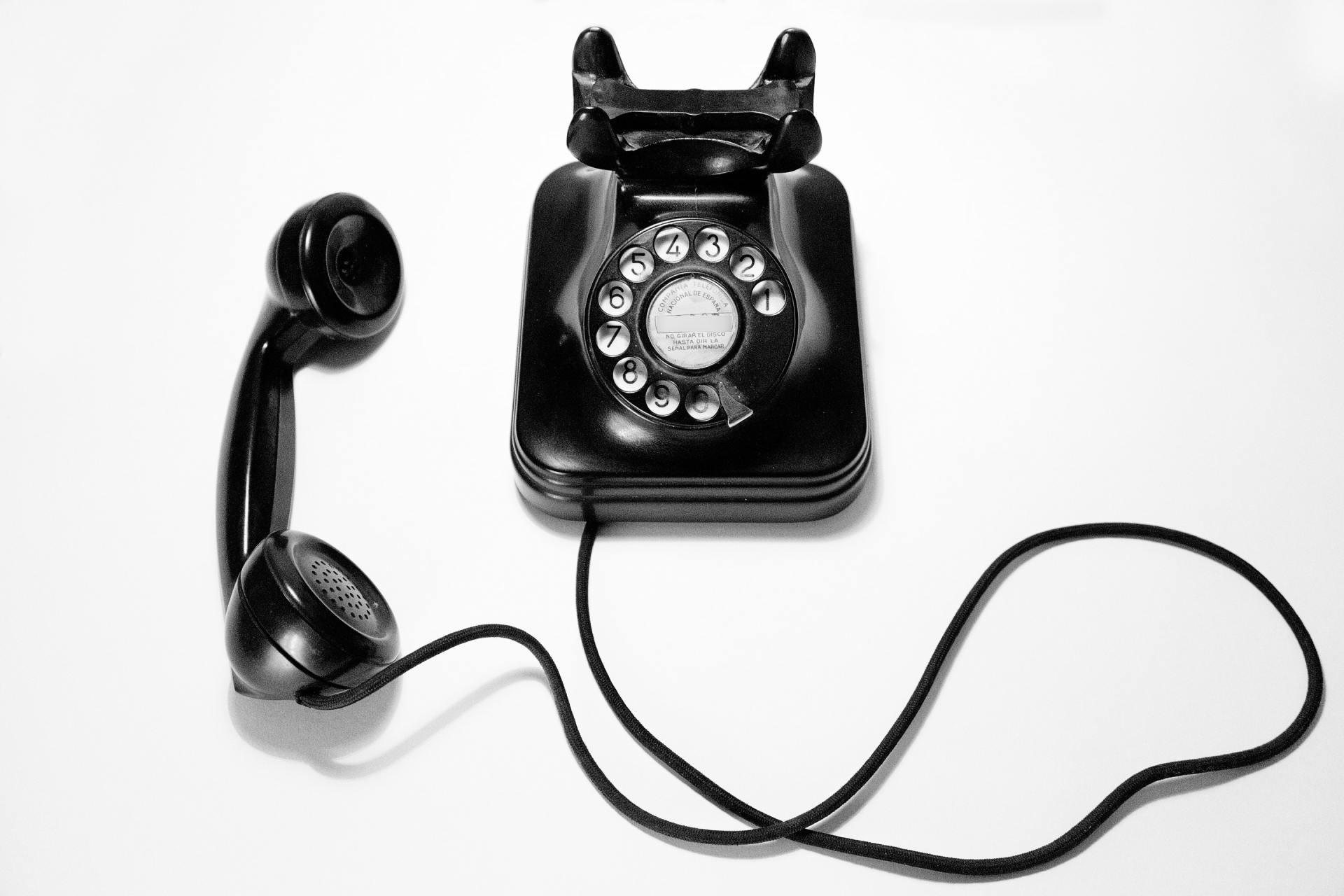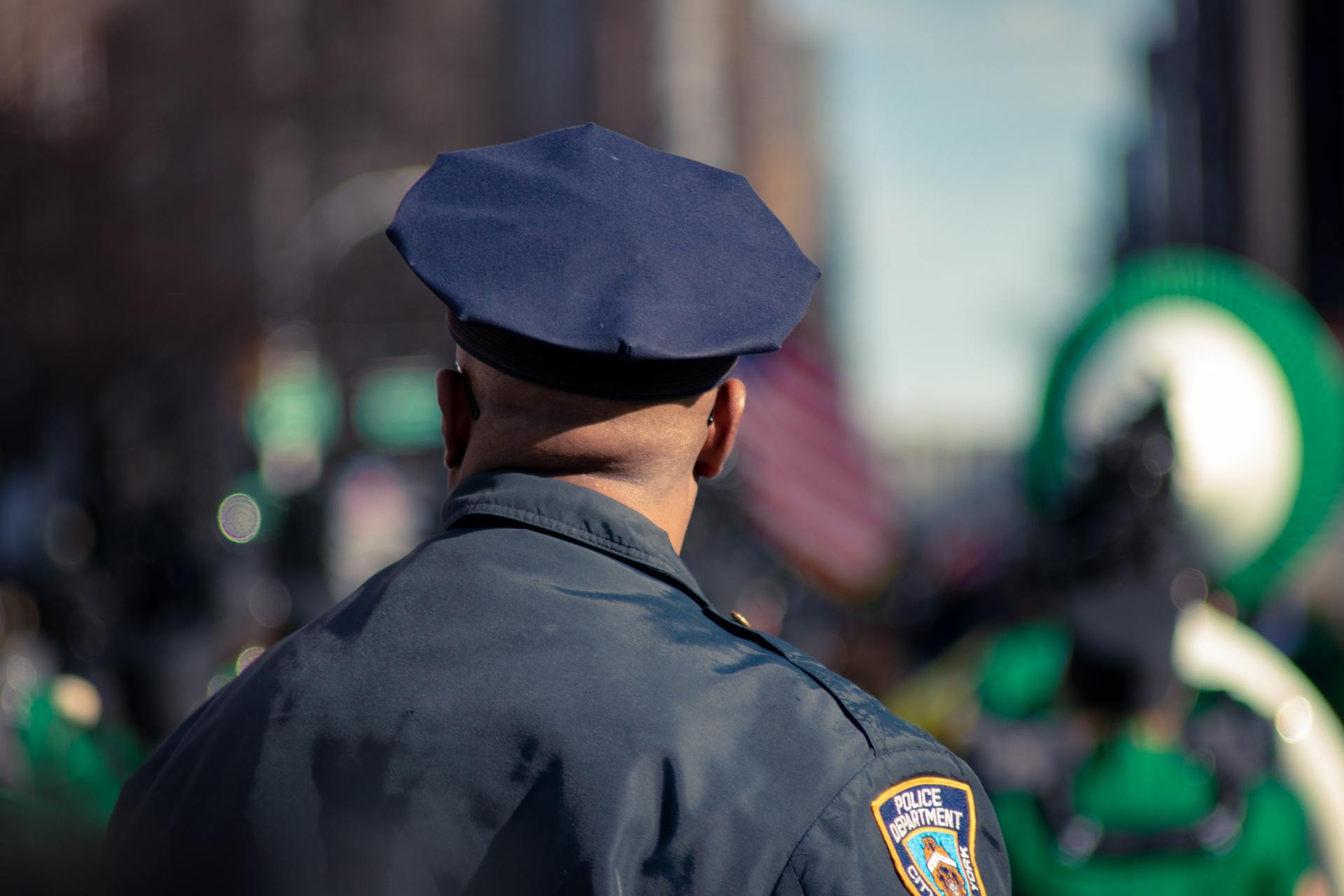Some people use the phrase “I’m feeling triggered” as an accusation against the person who has seemingly said or done the wrong thing. This reaction supposes that they have been “made to feel” a certain way. The offended person becomes the victim while blame is directed toward the one who ‘pressed the trigger’. In actuality, the response is not about the trigger itself.
Consider the plastic firelighter I use to ignite my fire. The trigger is a piece of plastic that on its own is incapable of producing flame. The fire is produced by the combining of the gas inside the lighter and the wood in the firebox. The trigger simply brings the fuel together. If there is no fuel to begin with, the trigger can be pressed all day without a reaction.
When it comes to personal triggers, it’s the fuel inside us that creates a response. Internal fuel can pile up through events which leave us with hurt, shame, rejection, fear. Let’s say my friend made a comment
“I don’t think that shirt is a good colour on you”. If I have no fuel associated with the comment I respond with
“I wondered about that. Thanks for the feedback.” But, if in my history I was teased or shamed about my clothing, I would be more likely to have a strong emotional reaction of either anger, embarrassment or humiliation.
A trigger response can be an emotion, a physical sensation or a memory. In severe triggers, such as PTSD, all three can be present. Triggers are a stimulus-response process; however, our reactions happen so fast that they erase the distance between stimulus and response, making us feel like they’re the same thing.
Learning to cope with triggers you can’t anticipate or avoid requires effort. Recognise your personal triggers through self-awareness, slowing down the process. Responses can be lessened by mindfulness exercises such as deep breathing, being in the present, meditations, journalling and calming activities. Exploring the fuel that ignites your responses will increase your understanding and ultimately empower you to detach from your triggers. If you regularly feel triggered and unable to cope with situations or feelings that arise, seek help. You don’t have to endure this alone.
Linda Gray
linda@relationshipsanctuary.com.au
0401 517 243
MORE SCENIC NEWS
-
A NEW CHAPTER FOR WOLVES BASKETBALL
Mar 28, 2024ButtonAs the sun sets on an incredible experience, it's time for me, Adam Chanter, to say farewell as the Pre...
-
COMMUNITY CAMERA ALLIANCE – YOUR CHANCE TO HELP
Mar 28, 2024ButtonIt's essential for community members to remain vigilant and take steps to safeguard their properties and vehicle...
-
GRAND OPTIONS CATER TO MOST NEEDS AND TASTES
Mar 28, 2024ButtonFor weddings, services can be held in The Old Church, which stands as a proud member of architecturally sig...
-
GALLERY’S $30,000 MAJOR ART AWARD RETURNS
Mar 28, 2024ButtonThe award, named after the sacred mountain which the Gallery overlooks, is open to artists living across the...
-
KERRI: AN HONOUR TO FILL THE ROLE FOR DIVISION 2
Mar 28, 2024ButtonDuring the pre-poll part of the campaign, I was very grateful for the opportunity to be able to meet an...
-
ANNE HOITINK – APRIL 2, 1945 – MARCH 15, 2024
Mar 28, 2024ButtonMigrated to Australia on 29 November 1952, aged 7 years. Going directly to the suburb of Reid in Canber...
-
GREAT SUCCESS FOR LITTLE ATHLETES
Mar 28, 2024ButtonRuby, Lily, Talia, Torah, Hugo, Leiawyn, Aric, Dean, Mitchell, Harvey and Noa; you all should be so proud ...
-
DO HOP IN FOR A NEW MONTE LUPO EXHIBITION
Mar 28, 2024ButtonMonte Lupo was established by Multicap in 1991 to provide meaningful employment to people living with di...
-
THIS TIME, IT REALLY DOES MATTER – HAVE YOUR SAY
Mar 14, 2024ButtonPaul Williams, a political scientist from Griffith University, offers insights into the “candidate scarcity...
-
BREACH OF CODE: RULING ON MAYOR CHRISTENSEN RAISES MORE VOTER CONCERNS ON ELECTION EVE
Mar 14, 2024ButtonAdditionally, Christensen is to bear his legal costs, with a warning that any future infractions will be classifie...
LOCAL BUSINESS
COLUMNS
-
Beauty & Wellness
ButtonWriter: Rebecca Mander - Naturally Cos
-
Community Care
ButtonWriter: Geoff Marshall
-
Embrace
ButtonWriter: Jaap Vogel
-
Food for Thought
ButtonWriter: Dylan Gittoes
-
Hooked on Books
ButtonWriter: Friends of TM Library
-
Living with Dogs
ButtonWriter: Pam Brandis (Dip. Canine Prac.)
-
Nature Notes
ButtonWriter: Nadia O’Carroll
-
Pastor Kim
ButtonWriter: Pastor Kim Dale
-
Physio Talk
ButtonWriter: Neil Bell (Tamborine Mountain Physique)
-
Police News
ButtonWriter: Sgt Mark Shields
Officer in Charge
North Tamborine Police
-
Politics
ButtonWriter: Local Councillors and Representatives
-
Relationships
ButtonWriter: Linda Gray
-
The Mtn Midwife
ButtonWriter: Bree Lowing (Registered Midwife)
-
Travelling Places
ButtonWriter: Travelling Places Tamborine Mtn
-
Wine chat
ButtonWriter: Imogen Mulcahy
-
Yoga Under the Bodhi Tree
ButtonWriter: Margot Wagner
Your Local Paper
to read, keep & share

Your Local Paper
to read, keep & share
CONTACT
PO Box 118, North Tamborine Qld 4272
Phone: 0407 671 286
Email:
news@tmnews.com.au
ads@tmnews.com.au
Design by BjornSchmal.com


















